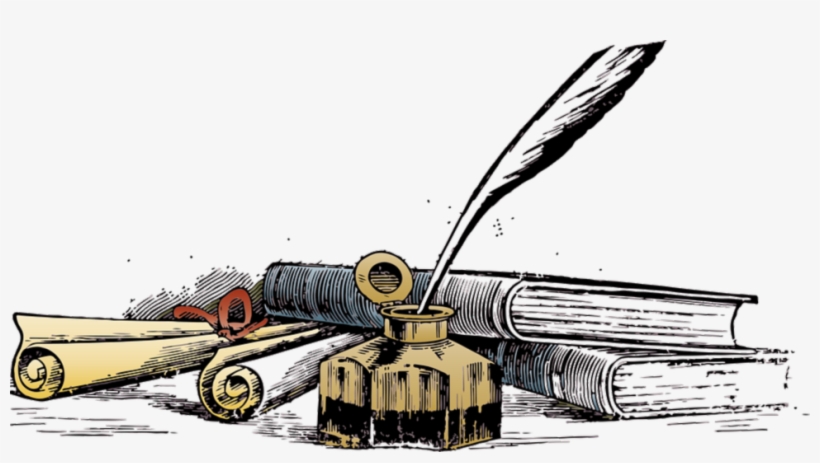I was just under fifteen when I resumed in St Paul’s Secondary School, Zaria, in January 1954. There was a class ahead of us of less than twenty five pupils. In our class we were less than thirty. The Principal was a CMS missionary called Reverend Freeman who promptly issued a `black mark’ for any breaking of school rules. When a student accumulated a certain number of `black marks’ it led to punishment that included grass cutting for an hour or two or even longer. Lights out was usually nine o’clock in the night and breaking of that rule also resulted in a black mark. One major school rule was that nobody must cross the railway line separating the school from Wusasa village. That particular misdemeanour usually led to suspension or rustication. I was very proud of the white shirt tucked into white shorts uniform with the blue school badge with a cross on the breast pocket. The prescribed shoes were white canvas. As I had never worn shoes before, what was bought for me was very pointed in front but I bore the pain as the shoes reshaped my already ugly toes grotesquely. Uniform after school hours were khaki shirt and shorts’ and brown sandals. Pocket money was three pence a week.
There was only one building that served as dormitory called Smith House in the vast expanse of savannah that contained the campus and stretched up to the famous Kufena Rock that loomed over the scenery like a solitary sentinel. At the opposite extreme to Kufena Rock the Zaria to Kaduna railway line marked the boundary with Wusasa. As the years went by three more dormitory blocks and other administrative buildings were erected. After the first year I found myself in Crowther House. We had to rise up early in the morning, fetch cold water from the well and bathe with it before hurrying to class. Lateness was rewarded with a black mark. It was terrible bathing with cold water during the harmattan. It was here the allergic rhinitis that would torment me all my life manifested itself early for I could sneeze twenty-four times non-stop in one bout!
Uncle Cyril paid the first term fees in my first year. Each term thereafter I was sent home for school fees. The nagging of neighbours and people from my home town forced my disgruntled father to find the fees until I completed my secondary school education. I cannot say where he got the money, whether from Uncle Cyril or from other sources. Sometimes I had to walk the five miles from the school to our house in Dogon Bauchi each time I was sent home but once in a while I was able to secure a lift from the school kit-car which usually went to town for one school purpose or the other. As a student I was only average academically and sometimes even below average for the first three and half years in the school for I was extremely playful. If it was not tennis comprising of wooden battens sharpened into what we called racquets with one player on either side of a rope tied to two sticks, it was table tennis in which I later ended up as the school captain. Sometimes we simply played tennis balls in a mock football team game. I simply did not read my school books. But what I read plenty of were novels of all description except romantic novels. I hated Bertha M. Clays’ romantic novels for she would take as many as a page or two to describe a scene, a garden or even a room. I preferred action or adventure stories, H. Rider Haggard, Edgar Wallace, Seamark, John Brown’s School Days and so on. I read virtually anything I could lay my hands on. I once read a book called `The City Of Beautiful Nonsense.’ When I could not find a novel I read other things including S Dojo Onabamiro’s `River Blindness!’ It was so much like a drug that often I placed a novel on my knees when we were being taught subjects I did not particularly like.
Reverend Freeman left after my second year to be replaced by Mr Kalejaiye who occupied the position for a year or two before he reverted back to his previous position of Vice Principal when Mr P. J. Johnson, an English teacher from Umuahia Government College, took over as Principal. During Mr Kalejaiye’s tenure as acting principal he once in a while during morning parade or assembly had to call out a classmate, Fola Mabadeje, a Yoruba, and myself for identification purposes to be sure who was who. At that time we looked very much alike.
There was vast savannah grassland available and the school encouraged pupils to indulge in agriculture. I cultivated groundnuts and potatoes which, when harvested, I often ate raw. At the end of each month we had open day on which each student was free to go to town but with the rule that we must wear our school uniforms and be back to the school by latest five or six o’clock in the evenings.
During my third year I just missed killing a class mate, Joseph, my fellow member of the Drama Club. One evening, before a packed audience in the assembly hall, we were acting one of the Shakespeare plays. In a scene that called for me to hit Joseph I swung my khaki shirt which I had brought for the purpose at him as he was lying on the wooden platform. There was a terrible crashing noise. I had forgotten that I had a jar of mentholatum in my pocket and it just missed Joseph’s head. That bottle contained mentholatum which I usually carried to apply to my nostrils often to combat my developing allergic rhinitis. I did not sleep that night and several nights thereafter imagining what would have happened to me had the jar connected with Joseph’s head.
